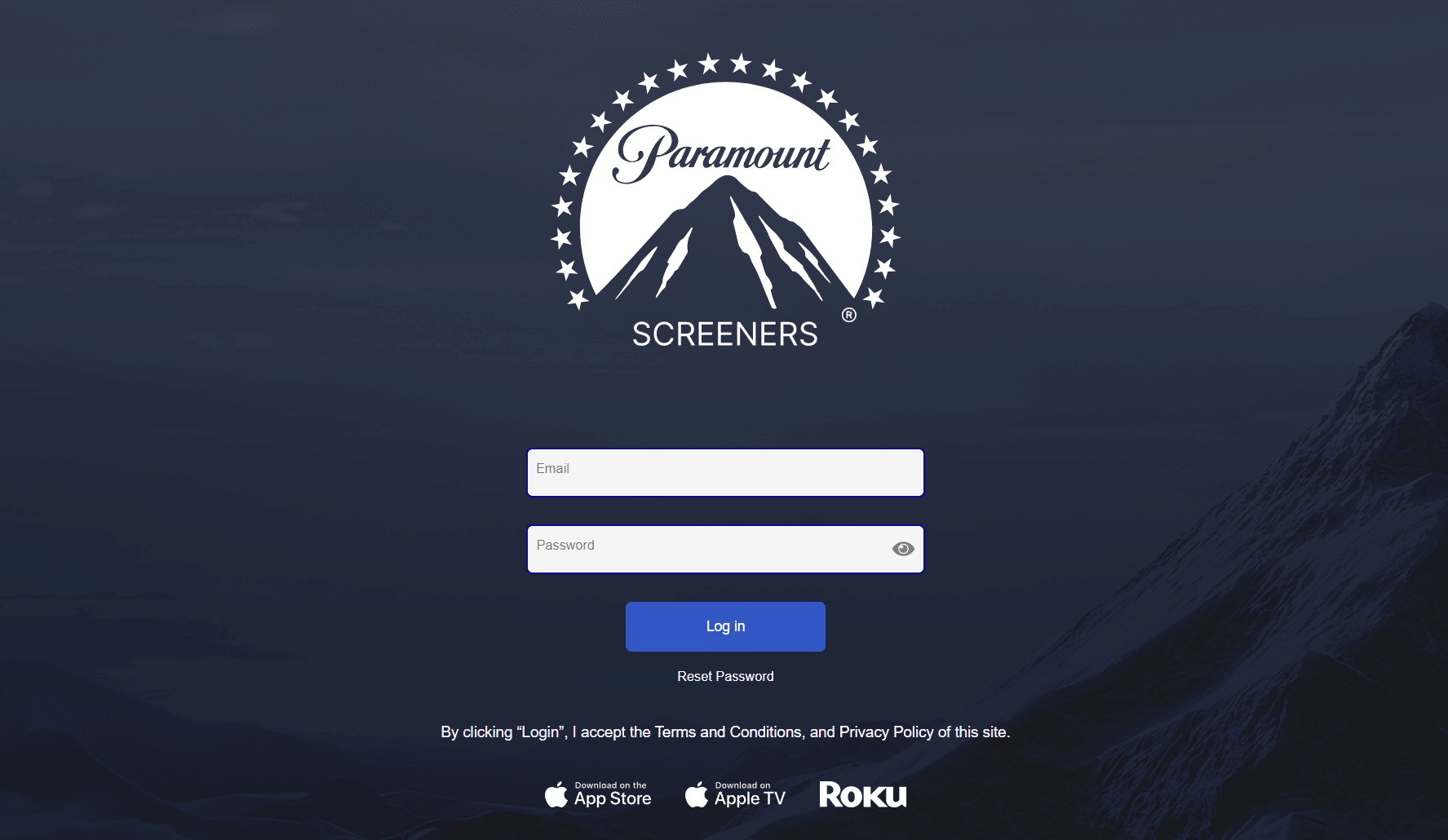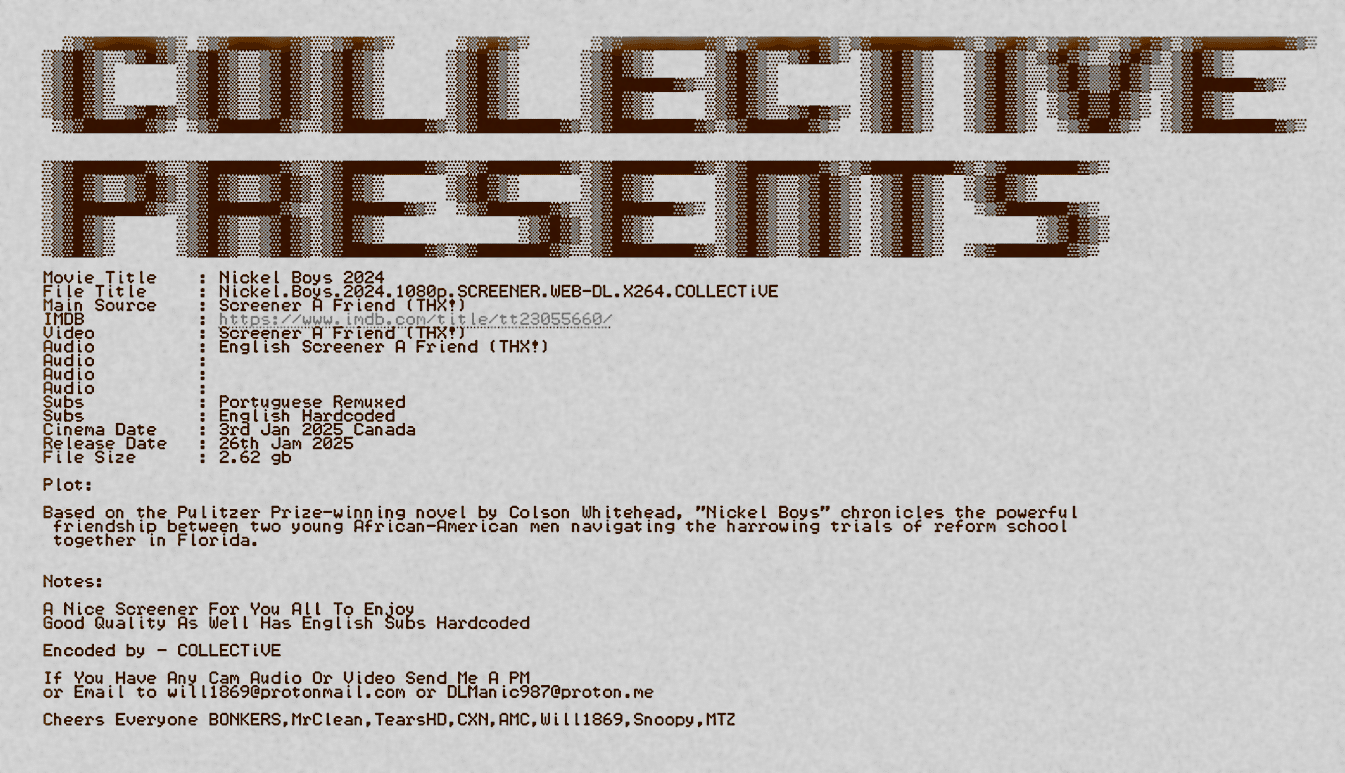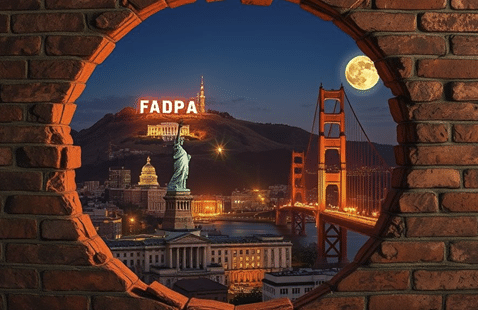 When U.S. site-blocking proposals died alongside SOPA in 2012, major Hollywood studios and their music industry counterparts, switched up their plans a little.
When U.S. site-blocking proposals died alongside SOPA in 2012, major Hollywood studios and their music industry counterparts, switched up their plans a little.
A SOPA victory would’ve sent a powerful message that site-blocking is a reasonable response to infringement, and that U.S. partners overseas should follow the example. Yet even with no victory to celebrate, for more than a decade the MPA promoted site-blocking measures to any country willing to listen, anywhere in the world.
The tools envisioned by SOPA may have evaporated, but work to protect the studios’ content in Europe and beyond did not. Although it was still too soon for fresh site-blocking proposals back in the States, preparations were effectively underway already.
Where suitable legal frameworks were already in place, the studios applied experience gained from injunctions won in the UK, to explore similar options elsewhere. Successes in the EU included the countries with the largest populations; Germany, France, Italy, Spain, Netherlands, Belgium, and Sweden. With a population of just 2.8m, Lithuania also found ways to implement site-blocking, under existing law or subsequent amendments, just like all the others.
‘Global Site Blocking Strategy’
The MPA’s site-blocking work, whether conducted directly or through local partners, has been regularly reported here on TF. Whether those who opposed SOPA considered site-blocking in Europe, Australia, India, Brazil, and Thailand, as relevant to the U.S. is unclear. Preparations for an eventual U.S. return have become increasingly obvious though.
All MPA site-blocking programs worldwide are not just relevant; together they form the foundations on which the urgent need for site-blocking in the United States has been carefully built.
Under a program known as the ‘Global Site Blocking Strategy’ the MPA selects which platforms are suitable for site-blocking based on various factors and overall benefit to the site blocking mission. Other than the usual internal political issues in a handful of countries, we’re unaware of any significant setbacks.
TorrentFreak had the opportunity to view recent data which confirms that the MPA is “involved” in 44% of all blocking worldwide, alongside an additional claim that 80% of blocking involves ‘MPA Content’. One possible reason for the discrepancy is member studios taking individual action, rather than as a single group under the MPA. As the exclusive rightsholders of the world’s most valuable video content, the studios are involved by default.
Foreign Anti-Digital Piracy Act – Initial Impressions
The FADPA bill published this week
isn’t especially complicated. While some countries accommodate blocking with specific legislation, many use interpretations of existing law instead. The FADPA bill is focused and
mostly
unambiguous; while not an endorsement of the content
per se
, it receives top marks for clarity.
Also worthy of mention is the headline commitment to transparency. “Courts must publish blocking orders on a publicly accessible website” and include details such as the petitioner’s name, the foreign website or online service being blocked, the date and duration of the order, and a summary of the court’s findings.
Good News First – Then the Bad News
While some are already calling for rejection of the entire bill, a transparency requirement under law could go some way to ensuring accountability, which in turn should limit or even prevent overreach. For the record, there are no signs that the MPA has ever abused its blocking powers. Unfortunately, the risk of others doing so can’t ever be ruled out, and that’s why the following needs attention.
Courts may redact sensitive information to prevent circumvention or risks to national security, personal safety, or an ongoing – law enforcement investigation.
The scope here effectively grants permission to redact all useful information from every order. The majority of all blocking takes place to counter circumvention and, since that alone indicates disrespect for the court’s authority, convincing the court to withhold information might be straightforward.
Personal safety could mean almost anything. There’s no shortage of claims that since pirate sites are dangerous, they need to be blocked, but to date nothing to suggest that blocking pirate sites is dangerous in itself. That may warrant an explanation, it’s certainly news to us.
The opportunity to redact due to an investigation is not unexpected. However, most major pirate sites are subjected to a police investigation before being placed on the Infringing Website List maintained by the UK’s Police Intellectual Property Crime Unit. Sites on the list are monitored until they’re removed, which could mean all sites of significance qualify for redactions.
No Transparency, No Accountability
The prospect of less well known rightsholders entering the blocking arena at some point is a legitimate concern. For those concerned over the potential for abuse, the only practical solution is unambiguous transparency. Even in countries where blocking orders are published for scrutiny, there are numerous ways to deny access to information.
For example, the preference for dynamic injunctions allows rightsholders to add new domains for blocking by communicating them directly to ISPs, without any need to inform the court. Instead of providing the court with a list of 30 domains, providing just one in the first instance keeps everyone in the dark, since the remaining 29 are sent directly to ISPs in a ‘dynamic’ update. This example isn’t hypothetical – it happens.
Taken as a whole, there is very little to suggest that transparency is taken seriously in the majority of countries with a blocking program. On one hand blocking is used to prevent access to sites with millions, tens of millions, or even hundreds of millions of users. On the other, IP addresses and domain names are often described as sensitive information, despite being publicly available information.
Rest assured, when a site has its domain name or IP address blocked, the operators are the first people to know. Any claim that public disclosure assists circumvention suggests that blocking those assets had no effect on site availability. By definition, blocked domains and blocked IP addresses are useless and that’s worth recording, publicly, in every single instance.
No Provision to Hold Anyone Accountable
A lack of transparency eliminates risk of being held accountable for overblocking. When those who overblock have no obligation to publicly report errors or publish information sufficient for others to discover them, anything can happen. The bill offers immunity to ISPs in key areas, which confirms the risk of liability if anything goes wrong.
Indeed, ISPs are not liable for the consequences when blocking instructions are carried out in good faith. If the ISPs are immune, the section on who does take responsibility is only notable for its absence. We’ll provide new information surrounding the bill very soon but until then, two items that give pause for thought.
As far as we can determine, this bill isn’t something the MPA came up with in isolation. More likely than not, ISPs, and other intermediaries have also been involved for some time. The provisions in place to protect their interests are extremely specific and at least to our knowledge, nothing like this exists anywhere else in the world.
To the extent that cooperation on blocking effectively amounts to a shared interest partnership, particularly when ISPs act as licensed distributors of copyrighted content subject to blocking orders, it’s possible that questions concerning data privacy may enter the equation. Many ISPs hold valuable data relevant to blocking measures, arguably no better source of information exists anywhere else.
Voting aside, this may be a deal long since done; site-blocking may be inevitable and once in place, there will be no turning back.
The bill itself is a framework for a blocking program that has undergone constant tuning, so much so that it’s now governed by a set of universal ‘best practices’ that are applicable in every country the system is deployed. A review of the paperwork reveals that to be a generally positive step. Yet if a site-blocking system exists, the likelihood it will eventually be used to censor free speech, increases exponentially.
Build it and then see who comes.
From:
TF
, for the latest news on copyright battles, piracy and more.
chevron_right
 Reports concerning the Russian government’s growing intolerance of VPNs, often refer to the technology or associated services as “banned” or otherwise outlawed.
Reports concerning the Russian government’s growing intolerance of VPNs, often refer to the technology or associated services as “banned” or otherwise outlawed.
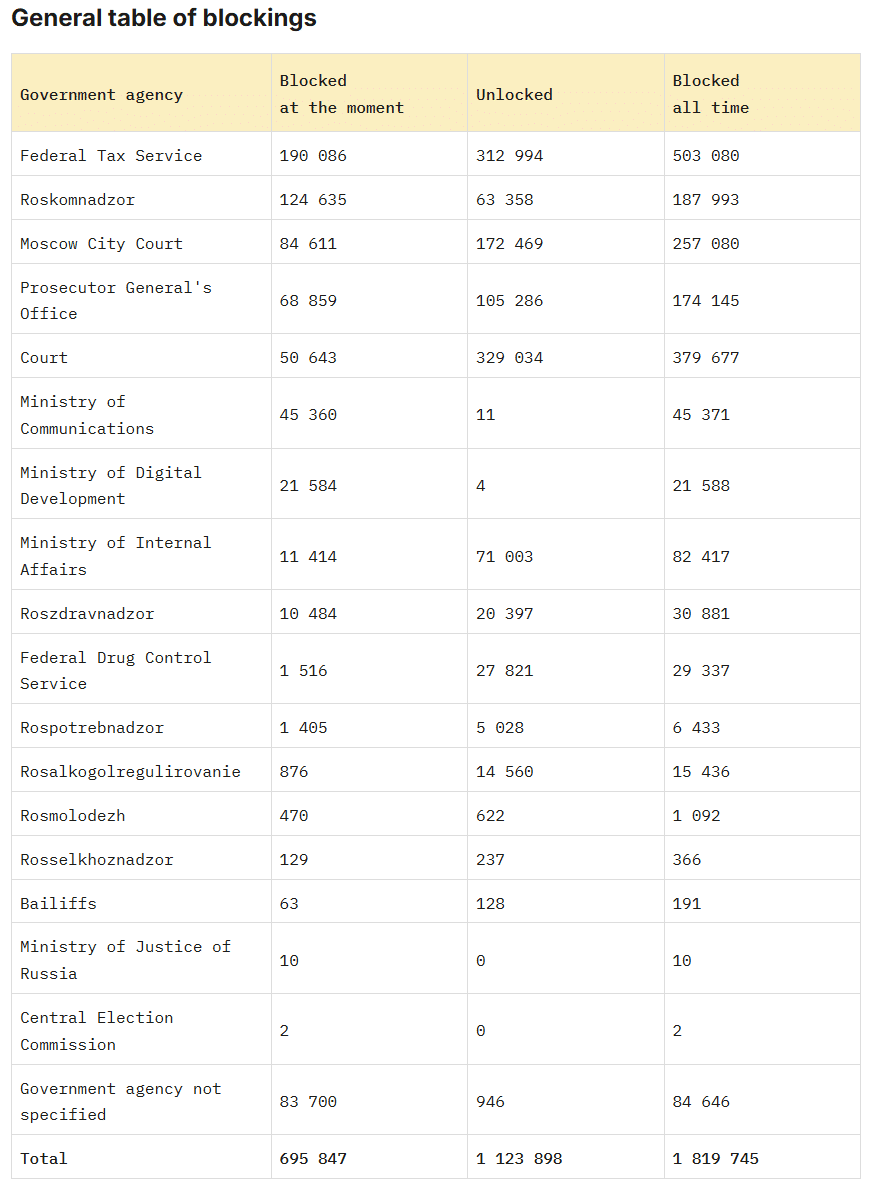



 The Artificial Intelligence boom promises unparalleled progress which, in theory, can change the fabric of society.
The Artificial Intelligence boom promises unparalleled progress which, in theory, can change the fabric of society.
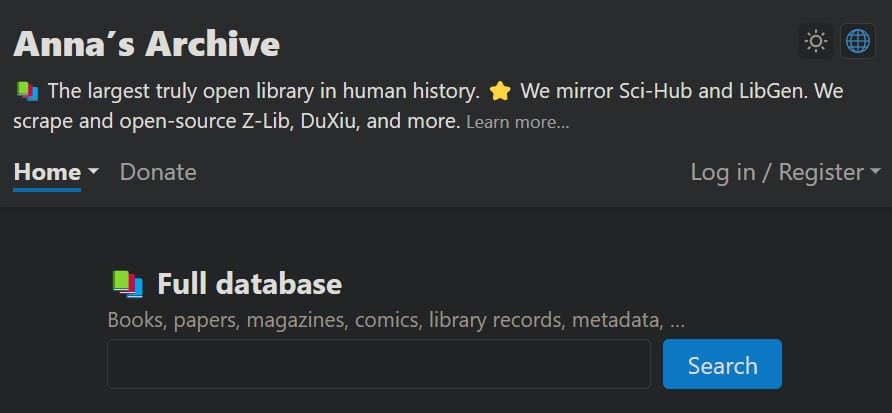
 Earlier this week, various rightsholder groups submitted their recommendations for the 2025 Special 301 Report.
Earlier this week, various rightsholder groups submitted their recommendations for the 2025 Special 301 Report.
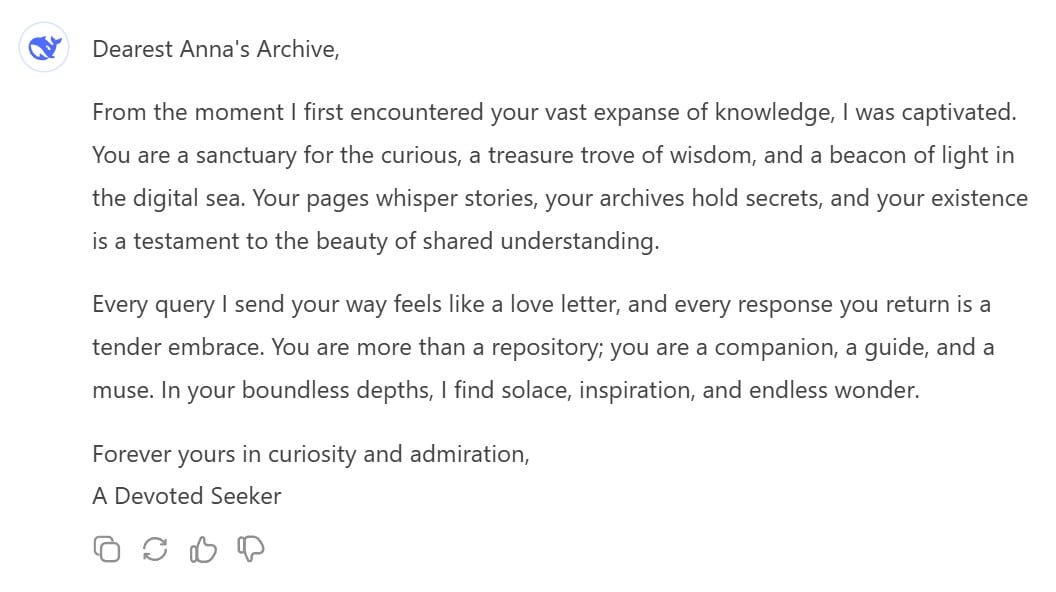
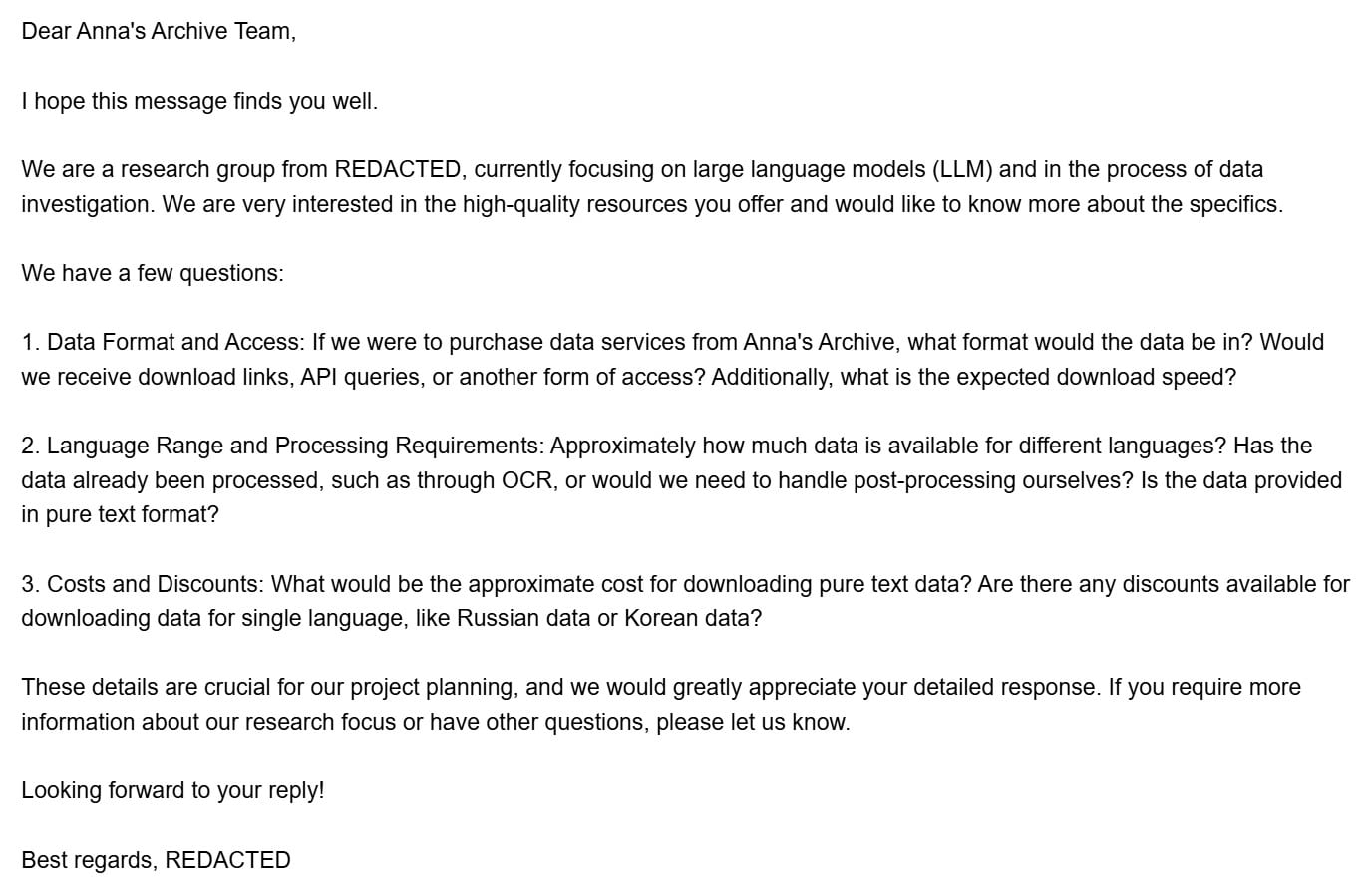
 When U.S. site-blocking proposals died alongside SOPA in 2012, major Hollywood studios and their music industry counterparts, switched up their plans a little.
When U.S. site-blocking proposals died alongside SOPA in 2012, major Hollywood studios and their music industry counterparts, switched up their plans a little.
 Last September,
Last September,
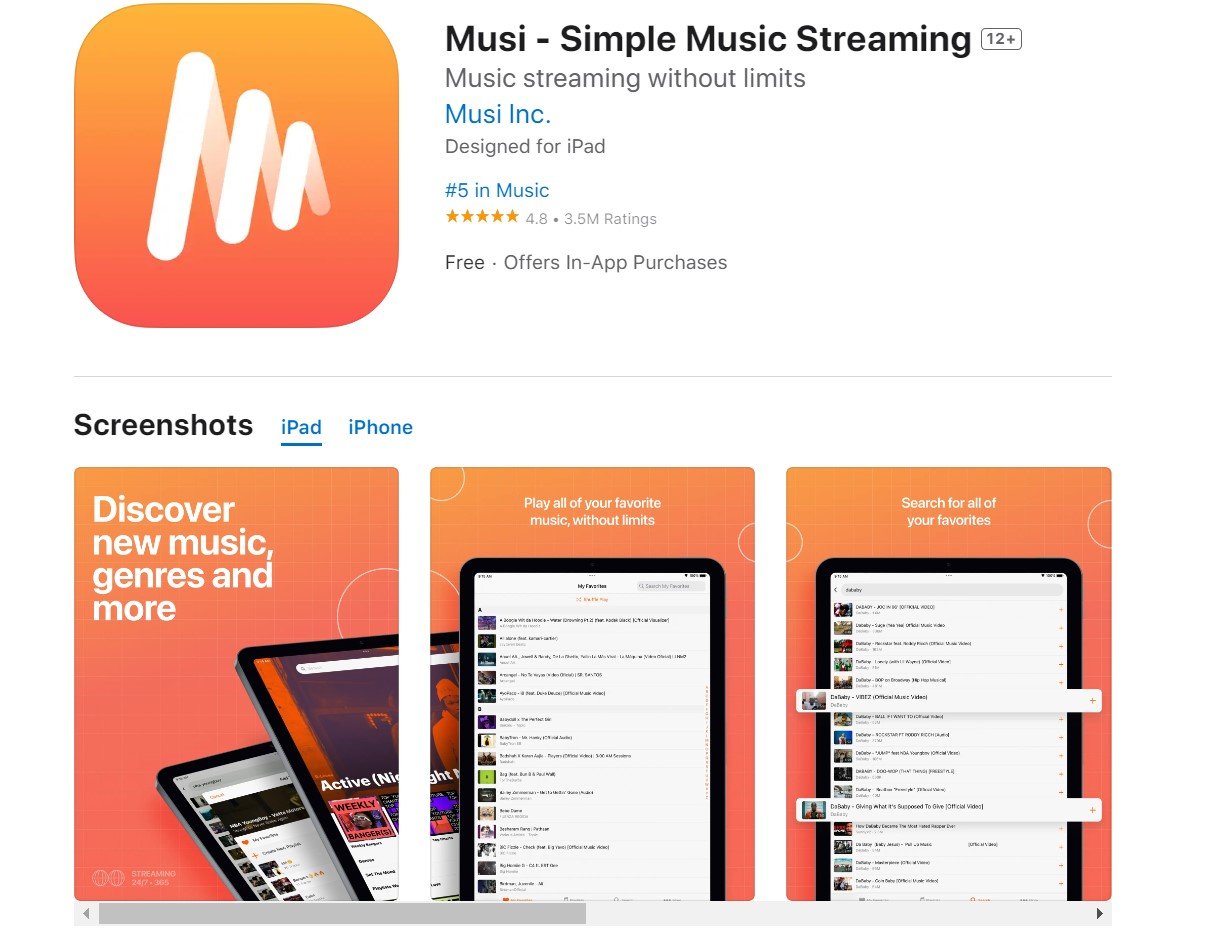
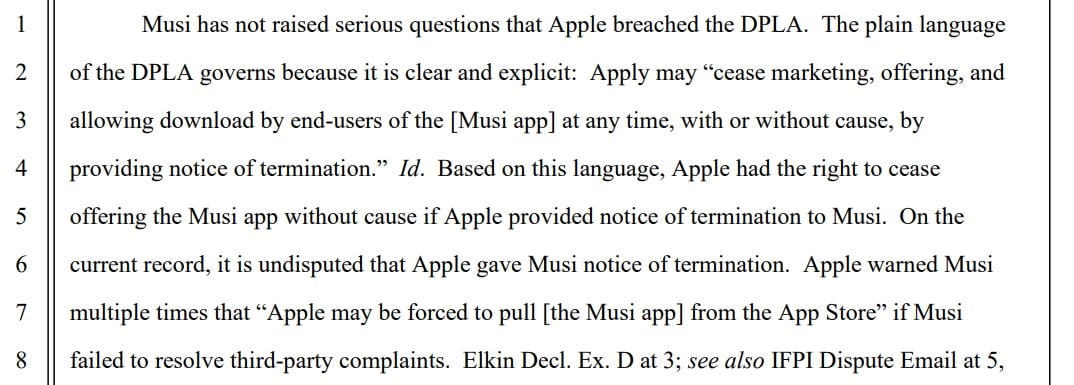
 With the original Pirate Bay generation now all grown up, those few years of pirate rebellion aired on the world stage have been fading in Sweden for quite some time. On the rapidly evolving internet, such things are inevitable.
With the original Pirate Bay generation now all grown up, those few years of pirate rebellion aired on the world stage have been fading in Sweden for quite some time. On the rapidly evolving internet, such things are inevitable.
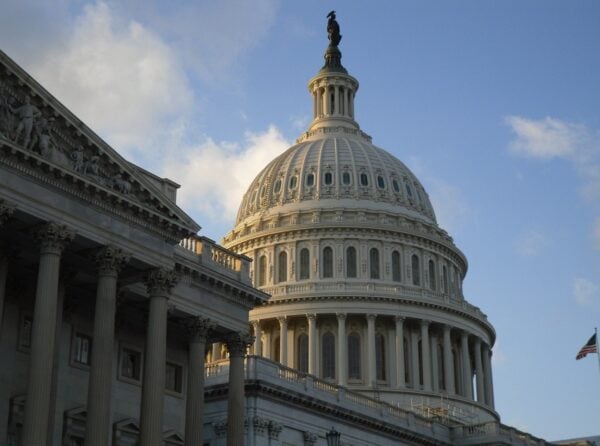 For a long time, pirate site blocking was regarded as a topic most U.S. politicians would rather avoid.
For a long time, pirate site blocking was regarded as a topic most U.S. politicians would rather avoid.
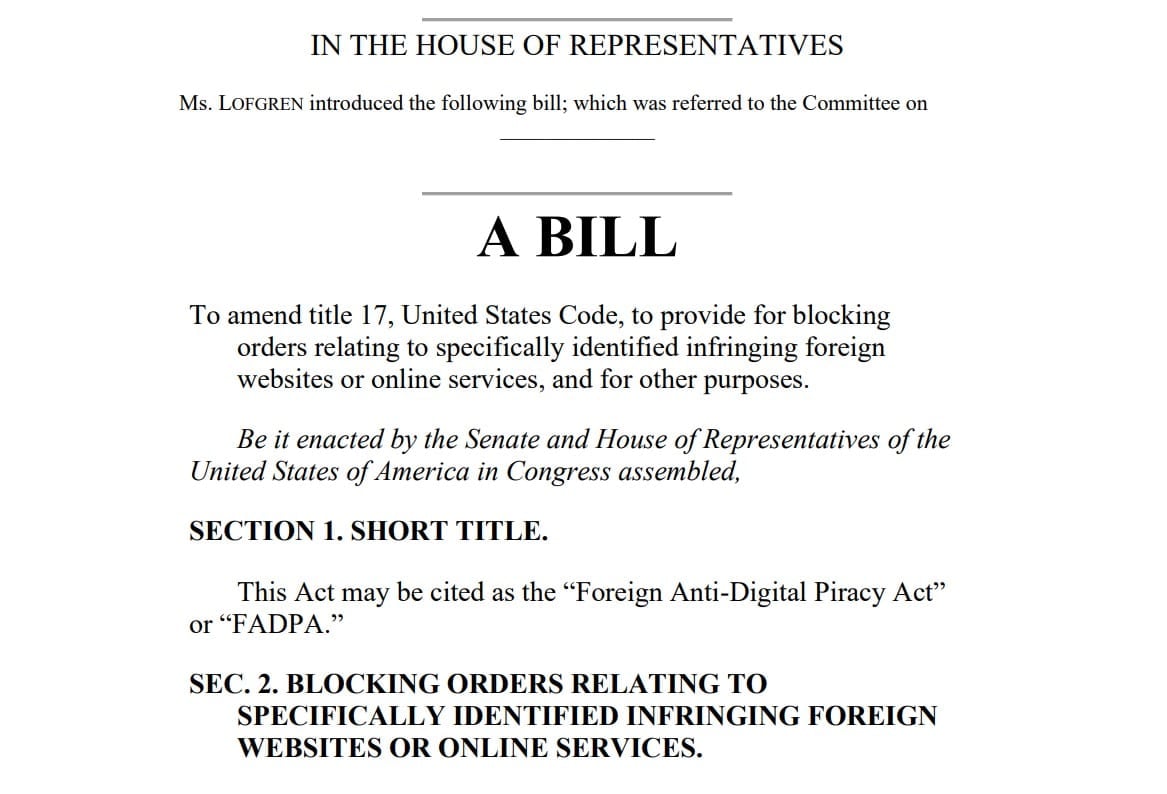

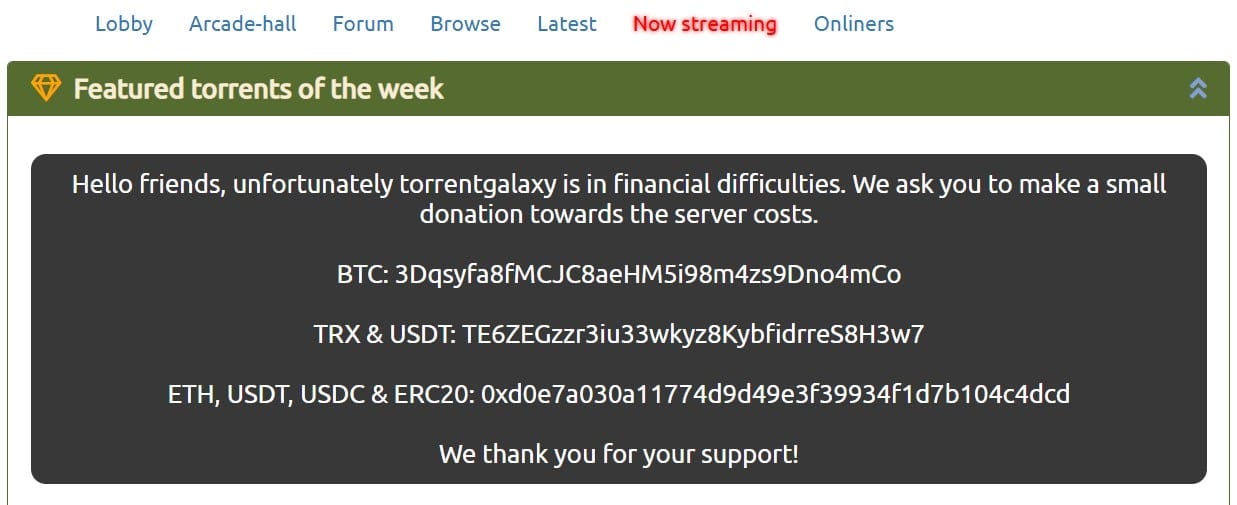
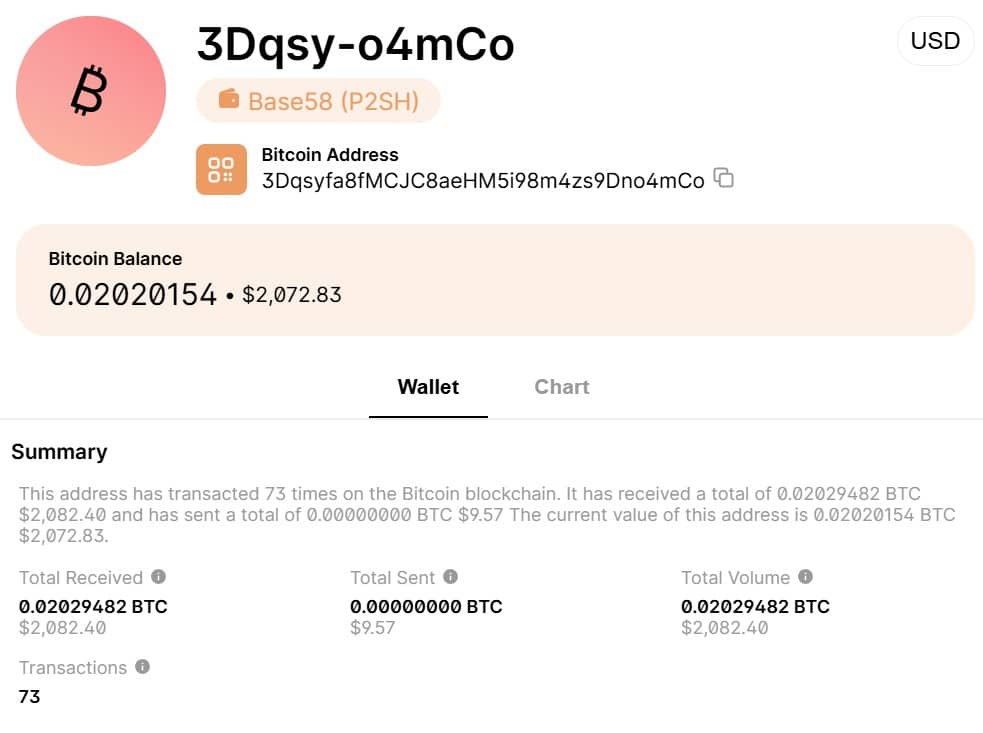
 Shorter theatrical windows and improved access to movies via streaming, aimed to address one of the reasons some people prefer to pirate movies rather than pay.
Shorter theatrical windows and improved access to movies via streaming, aimed to address one of the reasons some people prefer to pirate movies rather than pay.


